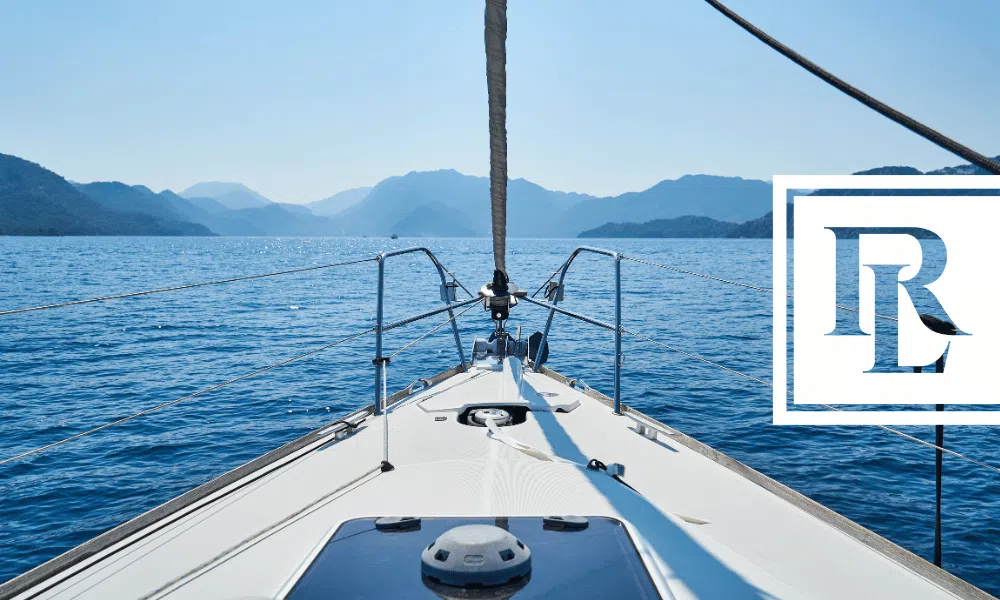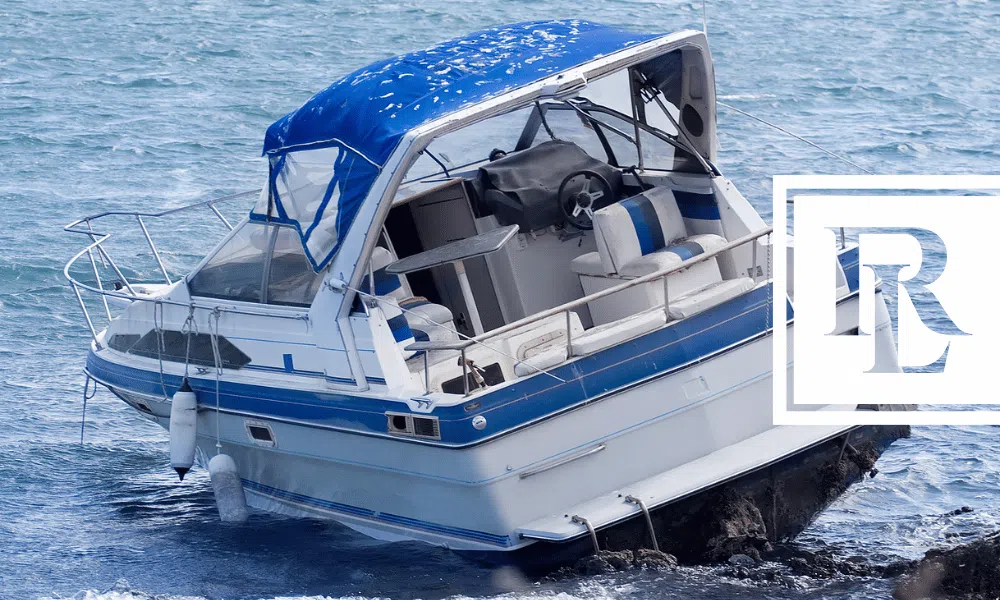Thousands of people enjoy recreational boating as a popular pastime, especially if they live around water. It is no secret that Rhode Island’s ponds and lakes offer a myriad of recreational opportunities for its residents. Swimming, fishing, water skiing, and boating are among the most popular ones. However, all of this comes with the dangerous possibility of facing accidents. Hence, here are some of the most common causes of a boating accident.
Boating Accidents In the United States
The Coast Guard recorded about 4,158 accidents, with 626 deaths in 2015. Additionally, there were $42 million dollars of property damage and around 2,613 injuries.
In some cases, it may be important to seek help from a boat accident lawyer. Rhode Island records a number of boat accidents every year. While some are minor, others also result in serious injuries. Regardless of what caused the boating accident, you deserve compensation if you endured injuries and weren’t at fault.
7 Common Causes of Boat Accidents
Here are some of the most common causes of boat accidents.
Violation of Navigation Rules
Navigation rules revolve around dictating the right maneuvering procedures, speed limits, etc. Breaking them can cause a boat to collide with another vessel. Generally, the recommended speed limit is 10 knots.
Violating speed limits is a common cause of a boating accident because it reduces a boater’s ability to react to hazards. Going beyond 10 knots can lead to loss of control and an inevitable collision.
Operating the Boat While Intoxicated
Fortunately, there are also laws in place for boating and alcohol. If a boat operator seriously harms another person on the water due to alcohol, the penalty can go up to $5,000. Since it’s a federal offense, even the minimum fine is up to $1,000.
Unpredictable Weather
Unpredictable weather can significantly hinder a boat operator’s ability to navigate. High winds and heavy rain can reduce visibility and cause various issues with navigation.
Hence, it’s important to check marine advisories and local weather forecasts to avoid sudden weather emergencies. It’s also important to inquire about the safety gear, such as an emergency locator beacon, a marine radio, and extra flotation devices, before hopping on a boat.
Boats, especially smaller ones, are prone to flipping over or capsizing when encountering powerful waves. When boats overturn due to strong waves, several dangerous consequences may follow. People on board may drown if they’re unable to swim. The boat can undergo severe damage and destruction, and there could be a loss of property nearby.
Sailing Boats in Unfamiliar Waters
When navigating unfamiliar waters, boat operators can encounter a number of challenges and hazards. Some of them include:
- Shallow reefs
- Strong currents
- Hidden rocks, etc.
Furthermore, their lack of knowledge about hidden dangers and specific waterways can put them at additional risk. As a result, there are collisions with reefs, rocks, and other submerged obstacles, potentially causing a boating accident.
Inexperienced Boat Operators
Beginners are prone to mistakes. This holds true even for those who have just started driving. As unfortunate as it may be, it is a part of their learning experience. However, making such mistakes on the water can lead to much more catastrophic consequences.
Most boating fatalities occur when operators haven’t completed a boating safety education course. Hence, inexperienced boaters should only operate a boat in the presence of someone experienced. Additionally, they should avoid doing so during crowded days.
Mechanical Failure
Machinery failures are more common than we know. While proper maintenance can reduce such instances, boat operators should still be vigilant and check the boat’s mechanics beforehand. In case of machinery failure, the boat owner or operator would be at fault. The most common mechanical failures include:
- Broken equipment
- Navigation system errors
- Electrical failure
- Engine failure
Underestimating the Challenge
Boat operators often make the mistake of underestimating the challenge. Even though most canals have calm conditions, rivers are far from predictable. With strong tides, currents, and streams, even the most commonly encountered risks are magnified. It takes great judgment and skill to sail in different water conditions.
Other Types of Boat-Related Accidents
Even though the instance of these accidents is rare, boat explosions and fires can also be fatal. It’s important to be aware of risks when hopping on a boat. The rule of thumb is to stay wary of engine exhaust building up and fumes from water heaters and cookers.
What to Do After a Boat Accident
The first step to take after an accident is to seek medical attention. Once you’re better, you must seek help from an attorney.
In most cases, establishing liability is not so easy in a boating accident. It’s far from a straightforward affair in most states. So, if you’ve endured injuries after a boat accident, you may be eligible for injury compensation through a personal injury attorney.
Besides assisting you with legal intricacies, an experienced attorney can also help you with documentation. When making insurance claims, the documented data can be extremely resourceful.
While boating is one of the most popular recreational activities across the United States, not every boat operator takes safety precautions seriously. If you or someone you know has been injured or has undergone any damage due to a boating incident, it should be wise to speak to a Rhode Island boat accident lawyer.
Boating Accident: How Can RLA Help?
Boating accidents can happen due to many reasons. No matter what the cause is, know that you are eligible for compensation, and you should consult Rob Levine Law immediately.
As someone with 3 decades of experience operating boats, Rob Levine knows boating and the law. At Rob Levine Law, we will work with Harbor Master and Coast Guard to determine the accuracy of all narratives. We will also ensure that your lost wages, medical bills, treatment, and everything else is taken into consideration so you can receive the compensation you deserve.
Contact Rob Levine Law for more information!




